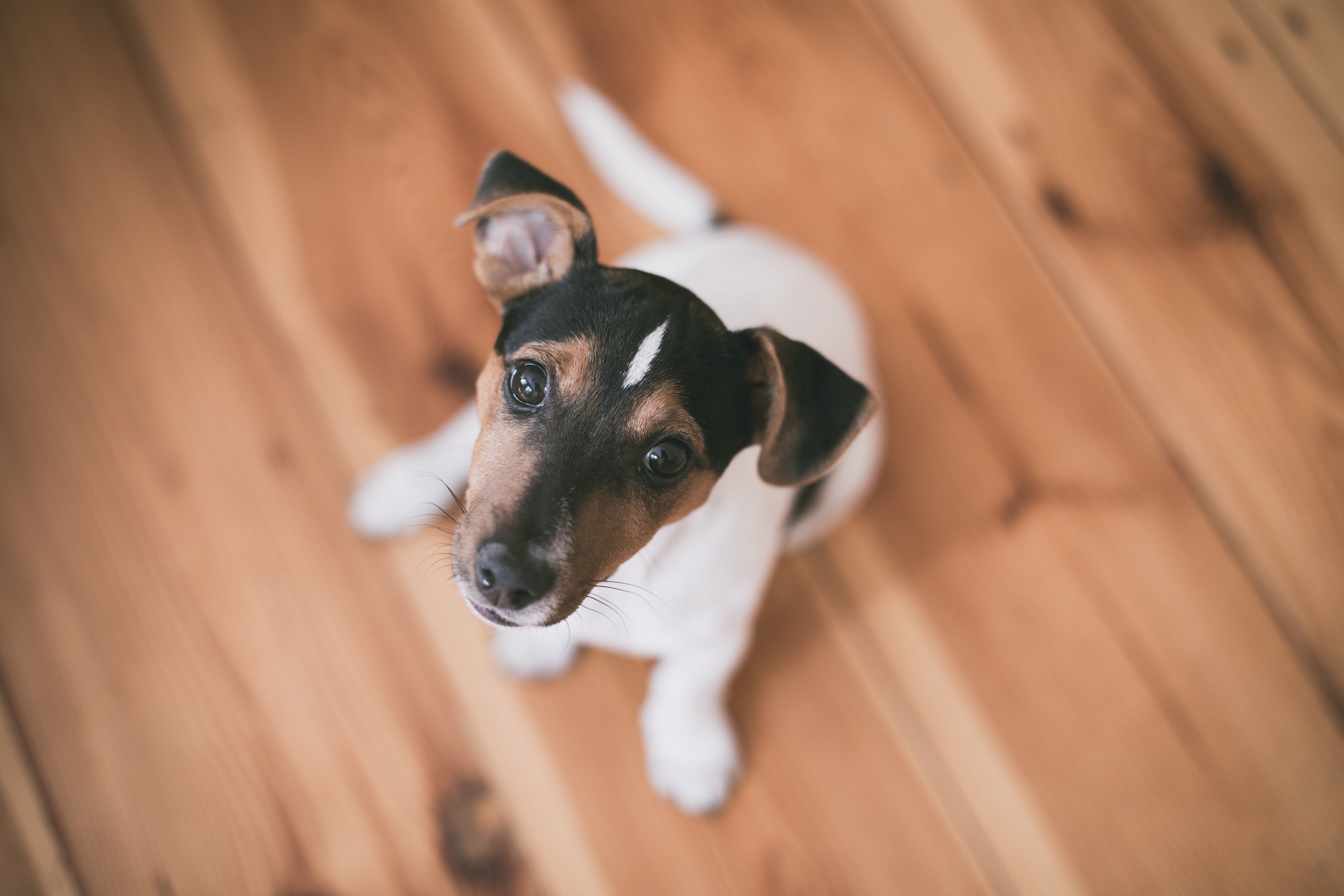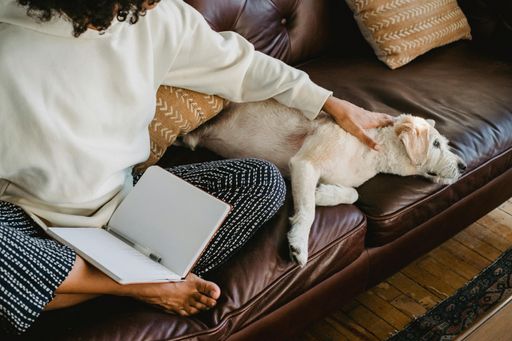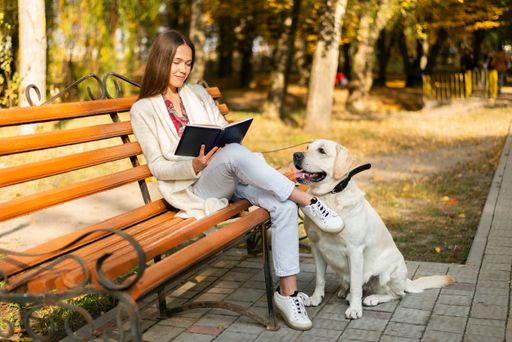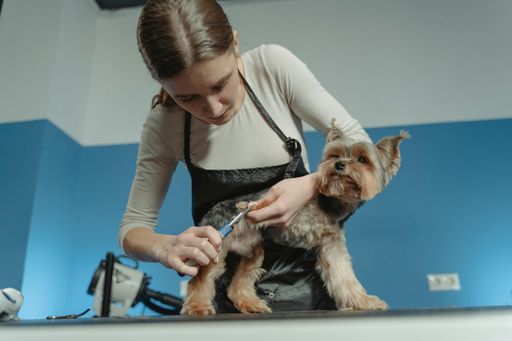Professional pet sitters know how rewarding the job can be, but they also know it brings a lot of challenges. Taking care of someone else's dog is a dream job for many people. Who wouldn't love a chance to feel the love, snuggle, and play with a cute, friendly pet for a while? The best part is you get to take the animal back to its owners for all the tricky stuff, like vet visits and emergencies. Keeping an eye on a friendly dog while the owners are gone is all fun and games until something unexpected happens. If you're thinking about starting a pet sitting business, you have to prepare for anything that may occur with the animal. Being prepared is particularly important if you aren’t a dog owner yourself.
No matter how many dogs you've met and petted in your life, the first thing you must remember is that every animal is unique. Each owner has their way of handling their pet, and it's your responsibility as a caregiver to respect that. You must follow the owner's instructions. You need to do it even when they aren't what you would have done if it was your pet. When you devote to taking care of a dog, the animal must keep the same living structure they have at home. While it's not possible to always adapt to every detail, willingness to do your best is imperative.
Taking care of other people's dogs for people who don't have pets of their own is challenging. It's a specific situation that requires some adjustments before the dog arrives. Having the utmost love for animals is an essential qualification for being a pet sitter. With that out of the way, preparing the rest will be a breeze if you follow these instructions.
Prepare for Pet Care
If you don't own a dog, it's easy to forget about all the requirements the animal needs to be safe. Taking care of a 10-year-old dog is nowhere near taking care of a 9-month puppy. However, there are some general things you need to look out for before you bring in someone's pet, regardless of their age.
Dog-proof your house
As a dog sitter, you will surely take care of some puppy at some point. It’s important to walk around your place and make it puppy-proof. Assess any furniture they might knock over while playing and make sure a long golden retriever's tail doesn't swipe off your little table trinkets and figurines. Make sure the laundry room is out of the dog's reach, and make sure they never get in touch with chemicals. You might also want to secure your shoe closets because dogs love chewing on shoes and slippers.
Set up a place for the dogs
You will need to decide how much of your household is going to be available for the dog when you aren't with them. A dog needs to know their area of living at your house, and they need to know which rooms are allowed and which aren't. When the pets can't be with you, they need to stay at a safe space – one they won't mess up.
Figure out a potty-walk route
At some point, the dog you are sitting is going to have to go potty and relieve themselves. It can be tricky to find the right route for dog walking, especially if you never tried to do it in your neighborhood. Having a yard is perfect, but if you don't have one, you will need to walk around and find a nice potty route for the dog.

Make Schedules and Structures for House Sits
Your love for animals should be your primary qualification for the job, and enjoying the company of the animals is just as important. It's impossible to be a pet sitter if you don't have the patience and interest to spend hours paying attention to the animal. Low stress is also crucial for pet sitters. Your schedule needs to be flexible, and you'll need to stay calm in any given situation. Excellent organization skills and self-motivation are essential qualities, too. Unforeseen circumstances happen a lot, and freaking out is never an option.
Exercise
Each dog has its level of activity, and it's crucial to talk to the owner about the ways they exercise with the animal. When a dog gets their daily exercise, they will be calmer, and they won't chew on your stuff, or bother you all day long. If you get a hyperactive puppy you can’t keep up with, try taking it to dog daycare. They know how to work up those energy levels with ease. You should also check online for some fun games to play with a dog for some creative ways to help the animal relieve their energy.
Prepare for emergencies
Emergencies happen with animals, even in optimal situations. A happy, healthy-looking dog can suddenly get ill or start limping after a big jump. You must always know the following two things:
- The animals' primary vet clinic they visit with the owner
- The closest emergency vet clinic to your house
When you have this information, you will be prepared in case anything happens with the dog. Also, you must always have a detailed talk with the pet's owner about the animal's general health. Make sure to ask what they would like you to do in case of an emergency.



















